Joy as Ntlholohetsane receives new classrooms

SHARE THIS PAGE!
A wave of joy swept through Ntlholohetsane Primary School in Mokhotlong recently as learners, teachers, and community members celebrated the official handover of four new classrooms, built with funding from Letšeng Diamonds Mine.
The school, which began in 2000 with just 140 learners studying in a villager’s home, now serves approximately 1,200 students, making it the largest primary school in the Mokhotlong district.
However, this growth has brought challenges, including overcrowded classrooms that hinder effective teaching and learning.
The new classrooms mark the completion of a project valued at over M1 million and represent a significant contribution by the private sector toward enhancing educational infrastructure in the region.
Twelve-year old Boiketlo Letsoepa, a Grade 7 learner, expressed her appreciation during the handover ceremony.
“We are grateful to Letšeng for supporting our right to education. Before this, our classrooms were overcrowded, which made it difficult for us and our teachers to focus. With these new classrooms, we can learn better in a comfortable environment. We promise to achieve even better results; expect the best from our school,” she said.
School principal, ‘Matsebo Tšita, commended the collective efforts of parents and teachers in managing the school’s large enrolment over the years.
“With over 1,000 learners, we are the largest school in Mokhotlong. The commitment of our staff and parents has been invaluable. These new classrooms will go a long way in easing the pressure,” she noted.
Tšita also highlighted ongoing challenges, including outdated toilet facilities designed for just 140 learners, lack of fencing, and the absence of a borehole, leading to high water bills from the Water and Sewerage Company.
“With limited funding from the government, we struggle to meet all our needs. A borehole and security fencing would significantly help us manage costs and ensure a safer environment,” Tšita indicated.
As a sign of the community’s commitment, parents have taken the initiative to hire a security guard to protect the school.
Speaking on behalf of Letšeng Diamonds, corporate social responsibility manager ‘Makhomo Motaung, underscored the importance of community ownership and sustainability.
“These classrooms were built in 2023 as part of Letšeng’s commitment to giving back to the community through education. We hope learners and community members will take good care of the facility so that it can serve future generations,” Motaung said.
She reaffirmed the company’s dedication to supporting education in Mokhotlong, adding, “Education is a valuable investment. Our goal is to empower the children of Mokhotlong to grow into the future leaders of this country.”
On behalf of the parents, Thabo Matete praised the school’s academic performance and expressed hope that the improvements would lead to even greater success.
“This school is the best in the district. The discipline of the learners and the dedication of the teachers make parenting easier and more rewarding,” Matete said. He also called for continued support from both government and the private sector, including the establishment of a local high school.
“These learners deserve the opportunity to continue their education close to home,” he added.
The Member of Parliament for the Mokhotlong constituency, Letsema Adontši, delivered remarks on behalf of the minister of education and training, Ntoi Rapapa.
“These classrooms are a valuable addition to our efforts to provide quality education to all Basotho. We thank Letšeng for their continued support.”
Adontši acknowledged that the school had long faced a shortage of classrooms and noted that government funding constraints had delayed solutions.
“These new classrooms will ease congestion and improve the learning experience. We urge the community to continue supporting and protecting this important institution,” he said.
Irene Hlongwane, speaking for the Mokhotlong district education manager, echoed appreciation for Letšeng’s support and encouraged the school to continue its academic excellence.
She acknowledged ongoing challenges in other schools as well, including inadequate classrooms, sanitation facilities, and support for vulnerable learners.
Ntlholohetsane Primary School stands as a testament to the government’s 2000 commitment to free primary education and equitable access for all. With continued community involvement and private sector partnerships, the school’s future looks brighter than ever.
It is also a breath of fresh air given the generally dysfunctional state of many schools in the highlands of Lesotho. Politicians and government officials have become known for, among others, constantly going on about well-intentioned policies framed periodically to improve school education and high-sounding goals.
However, the situation on the ground tells a different story. It betrays total apathy.
Children in government, church and community schools in remote rural regions of Lesotho continue to suffer from glaring disadvantages emanating from manpower and infrastructural deficiencies compared to their big town counterparts.
They are plagued by the same old problems year after year, and 58 years after independence, they are noticeable by glaring lack of basic facilities. This brings into question the will on the part of government and churches to end the neglect that poor village boys and girls are condemned to. They continue to languish in an underprivileged life due to denial of equality in their learning tools.
Meanwhile, the government of Lesotho and the World Bank recently signed an agreement to improve student retention in times of COVID-19 in an environment in which boys, particularly from poor households and in the rural areas, are most vulnerable to dropping out of school. The project will also help strengthen the country’s basic education system.
Funded through a M111 million grant from the Global Partnership for Education (GPE), the Basic Education Strengthening Project (BESP) will also help improve the quality of teaching in junior secondary schools in targeted communities as well as support the rollout of a new curriculum to strengthen Early Childhood Care and Development (ECCD).
In 2022, the ministry of education and training acknowledged progress in expanding access to junior secondary education. However, it also noted that the COVID-19 pandemic had worsened student drop-out rates at both primary and secondary levels.
To address this challenge, a new project had been launched with the goal of keeping more students in school and improving their long-term prospects.
Focusing on rural areas with high poverty and school drop-out rates, the initiative includes a key component to enhance the efficiency of cash transfer schemes. Specifically, students from low-income households will receive additional financial support through the Child Grant Program (CGP).
In addition to financial assistance, the project would promote student engagement by expanding youth social clubs that were already operating in some schools, encouraging learners to stay in school and complete their education.
The project also aims to strengthen the quality of early education. Over 300 reception classes and Early Childhood Care and Development (ECCD) centres will receive structured support for the rollout of a new curriculum.
To improve teaching standards, especially in mathematics and science, the initiative will enhance online training programs for junior secondary school teachers. Moreover, the project will provide technical assistance to help the government monitor progress within the Lesotho Basic Education System more effectively.
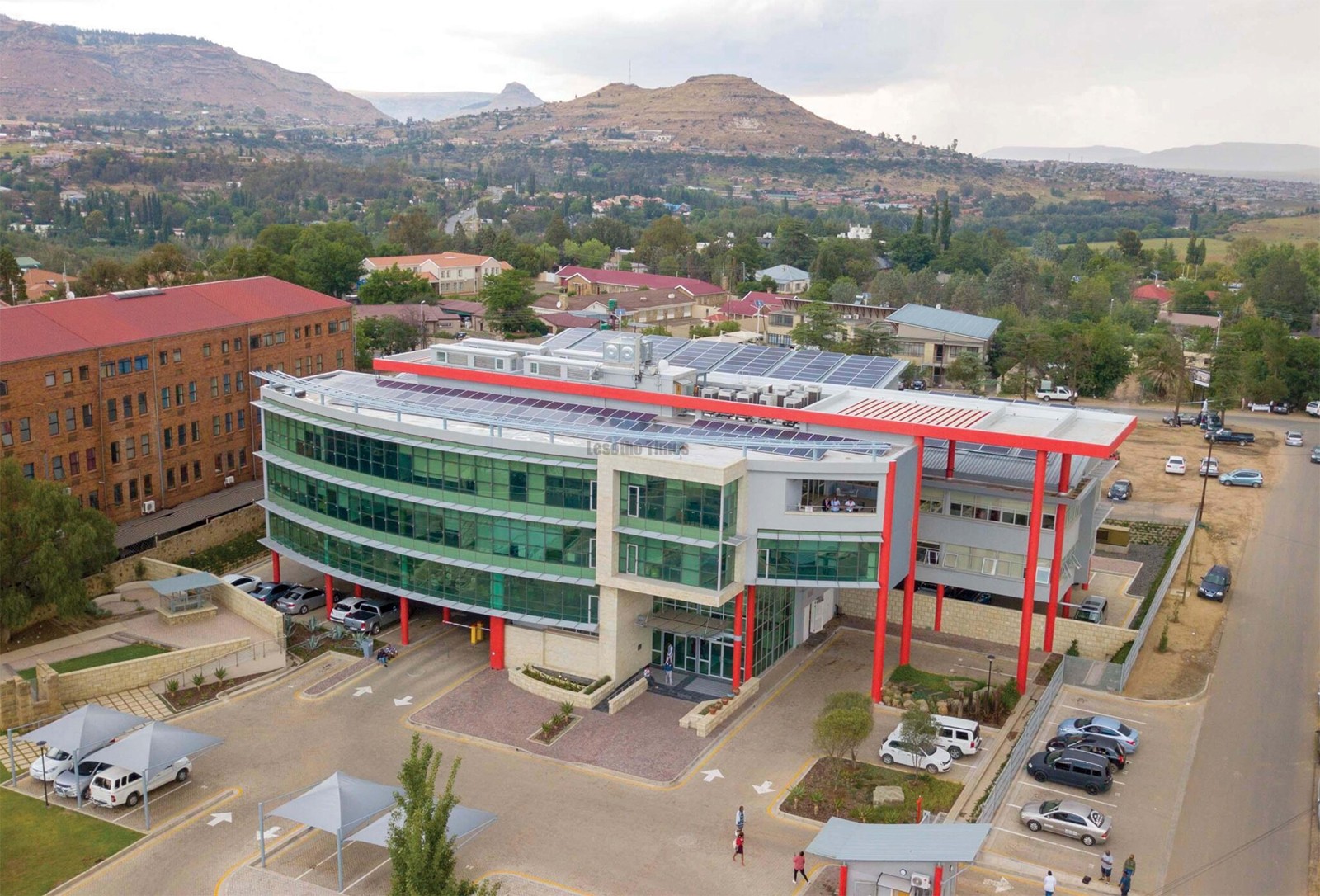
Vodacom scoops top awards
3 days ago
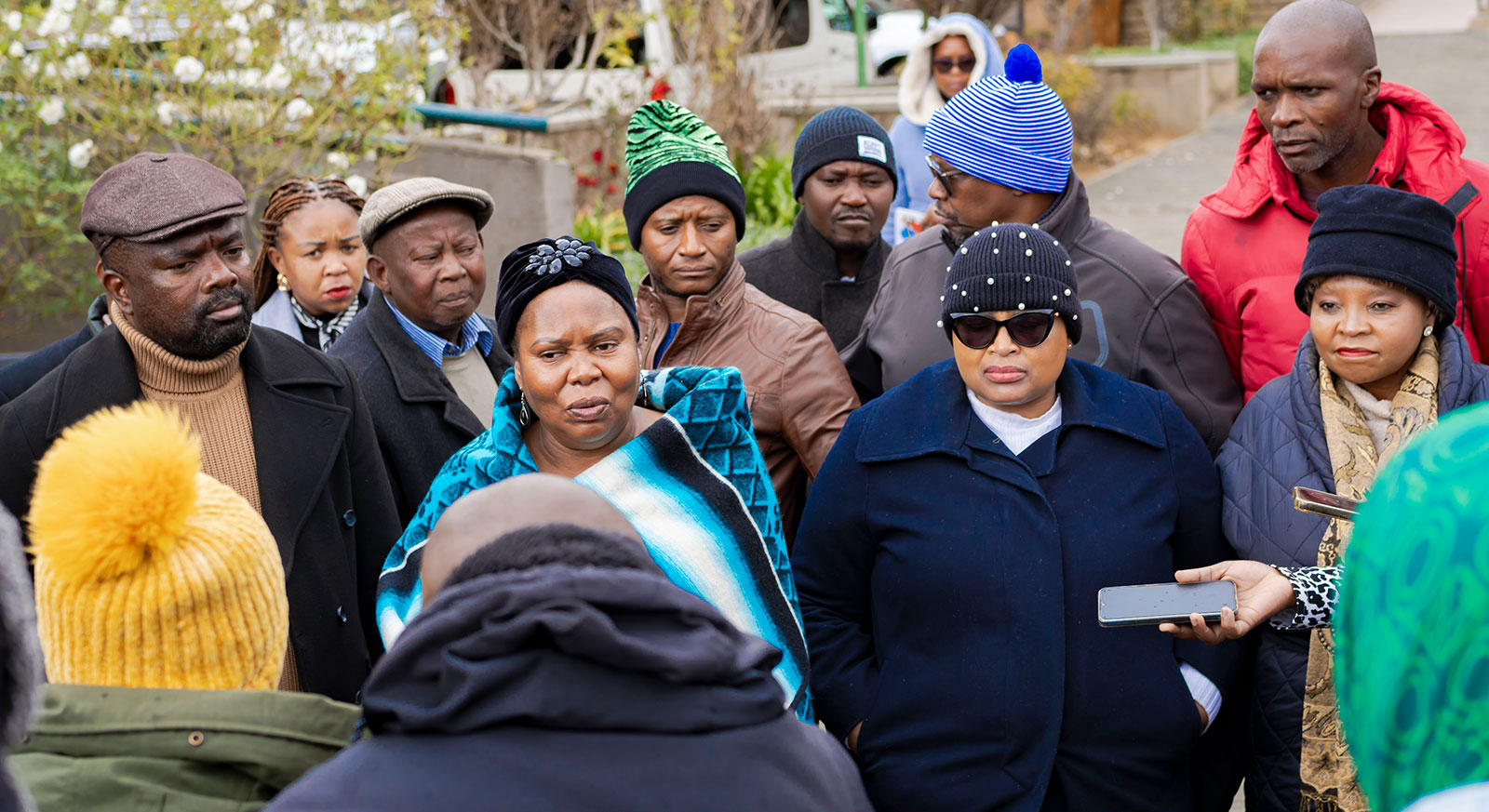
PAC rejoices as High Court dismisses LEC bid
4 days ago

Section 34 delay angers business owners
4 days ago
PAC unfazed by LEC court bid
7 days ago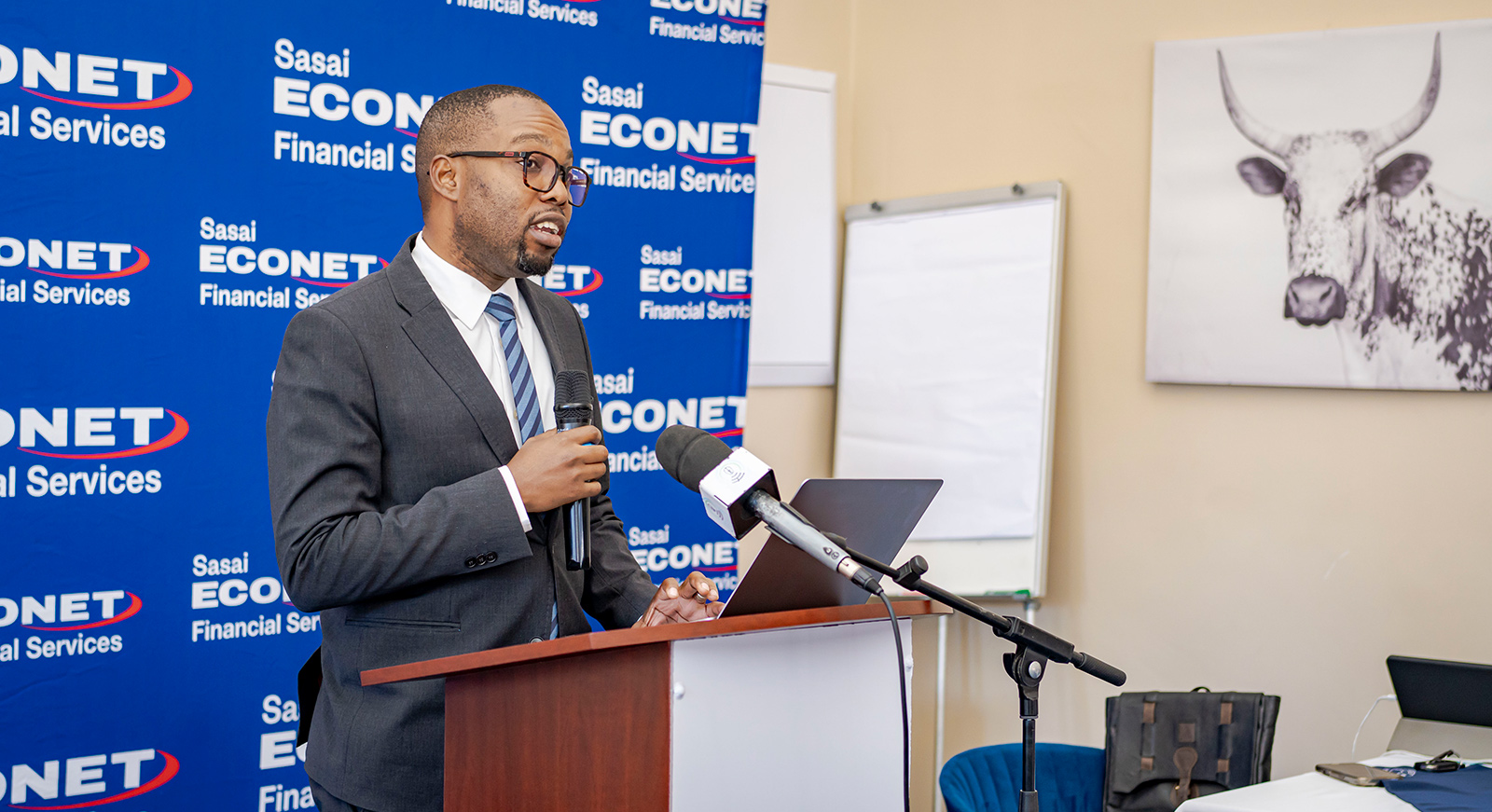
Sasai launches EcoCash agents campaign
8 days ago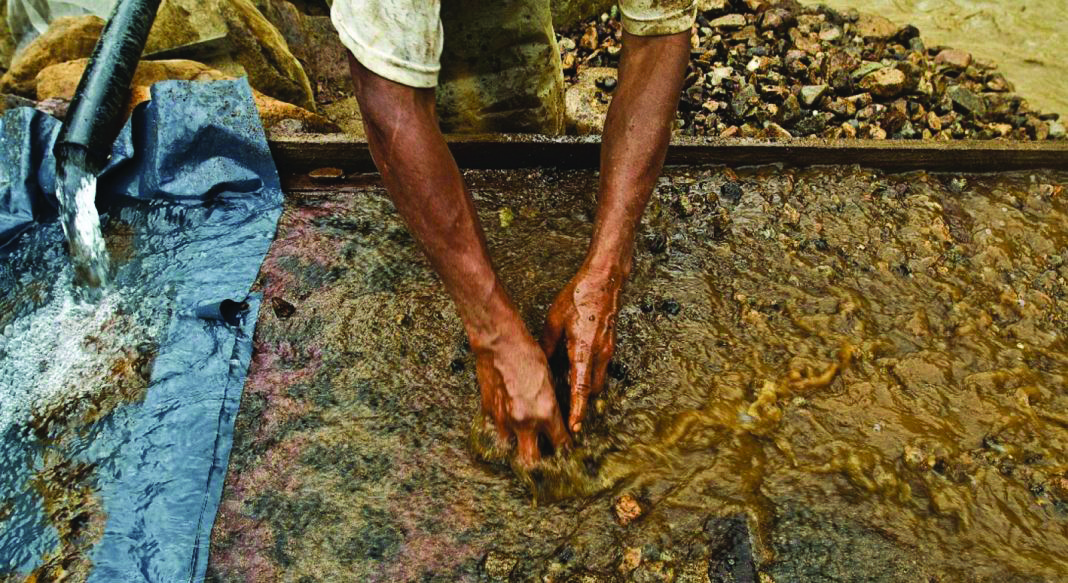
Small-scale miners’ long wait finally over
8 days ago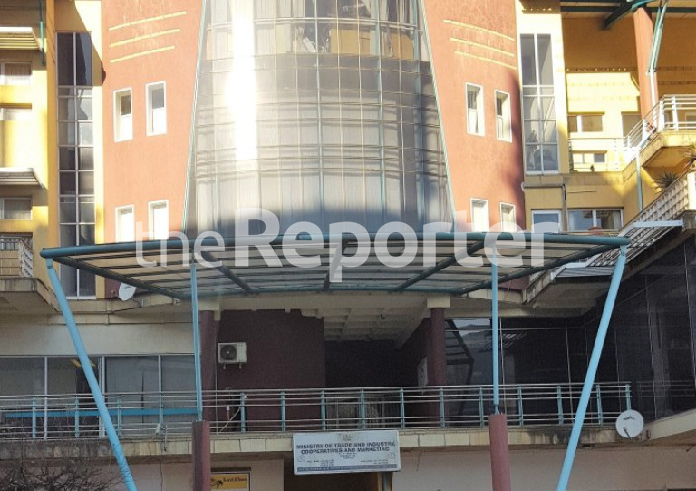
Journalists schooled on Insolvency Act 2022
9 days ago
LNIG Hollard pumps M1m into gospel event
9 days ago